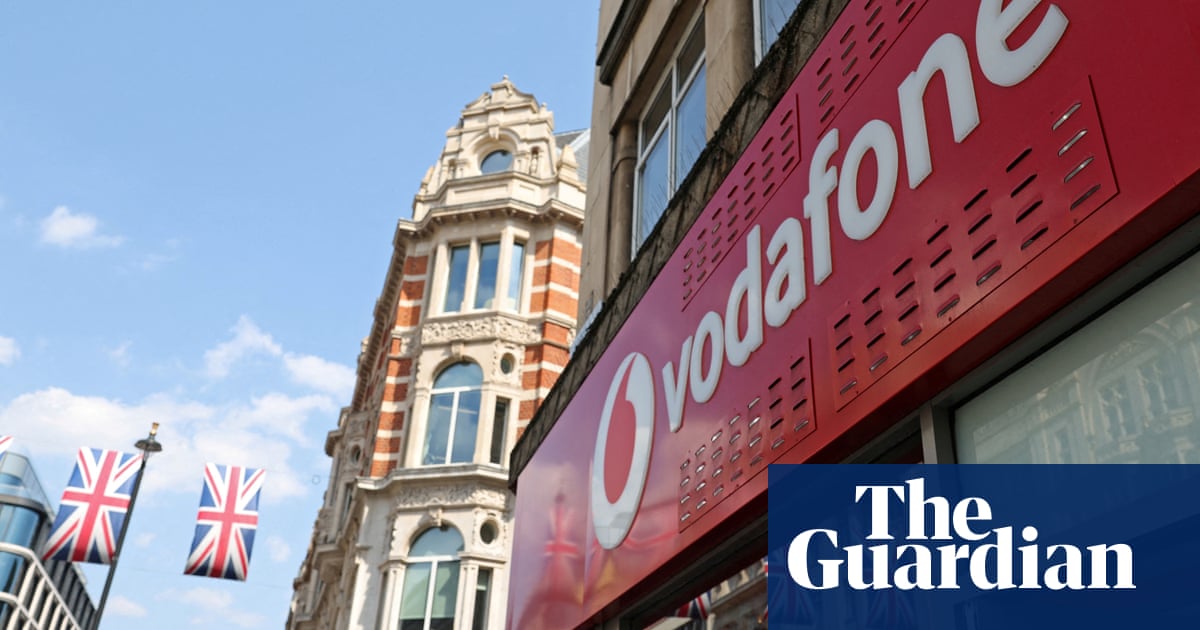
Schools across the UK will not reopen after the Easter holidays, after national governments insisted they would only do so when scientific advice said it was safe to proceed.
Teaching unions said their members were alarmed by a newspaper report that schools could reopen after the holidays and a review from University College London that cast doubt on the effectiveness of school closures in limiting the spread of disease.
But Whitehall sources said no date had been set to reopen schools in England, and that a date would only emerge once scientific advice concluded it was safe for them to do so.
The Welsh government also rejected any suggestion that reopening was imminent, with a spokesperson saying: “The Welsh education minister does not plan to reopen schools more generally in the immediate period following Monday 20 April.
“Many schools across Wales are providing support to children of critical workers and the most vulnerable and they will continue to play this crucial role given the current public health emergency.”
Education policy is one of the most devolved areas within UK government, but ministers and officials from the four national executives have been regularly coordinating and discussing strategy. Schools across the UK were closed indefinitely from 20 March but remain open for vulnerable pupils and the children of key workers.
At the lobby briefing, No 10 also played down the idea that schools could reopen, pointing to government advisers who said it was too early to talk about any lockdown measures being eased.
Paul Whiteman, the general secretary of the National Association of Head Teachers, told members he had received questions about the UCL review and responded in an email: “The government has not indicated to us that it plans to make any immediate changes to its policy based on the study.”
He added: “There will be many views within the medical and academic communities on the effectiveness of the government response to the crisis and sometimes these views will contradict and be in conflict with one another. What remains important at this time is that the public, parents and professionals continue to follow official government advice to keep safe.”
An article in the Times on Wednesday quoted an unnamed senior minister as saying: “We need to be led by the science, of course. But if we can reopen schools after the Easter holidays things could begin to get back to normal.”
The UCL survey claimed school closures had only a limited impact on the spread of previous infections. But it was criticised by some experts in infectious epidemiology as “cherry picking” and for relying on data from influenza outbreaks and brief school closures.
Neil Ferguson, a professor of medical biology at Imperial College London and the author of influential research informing government policy, said school closures played an important role in severing contacts between households when combined with “intense social distancing”.
Jules White, the head of a state secondary school in West Sussex, said many school leaders were worried about how the UCL paper was interpreted, with many missing staff through illness or family commitments.
“Schools will do everything to support the national effort. But it’s simply not sensible or safe to ask schools to open more fully unless coherent plans are in place to ensure that students, their families and staff will be safe,” White said.
“A safe, wider phased return would be positive but only when the time is right and transparent plans are agreed by those who are charged to actually deliver them in our schools.”












